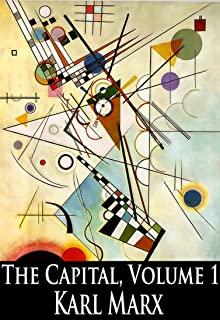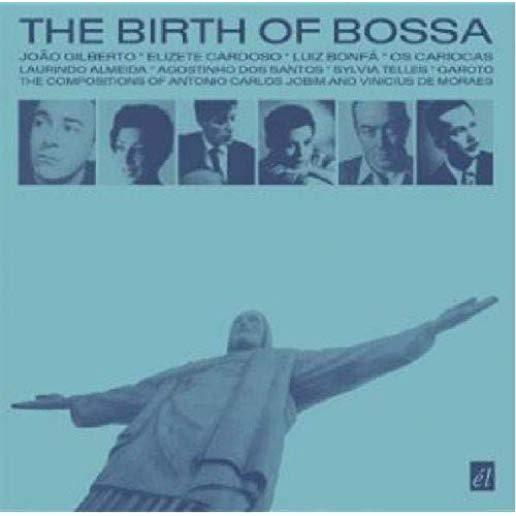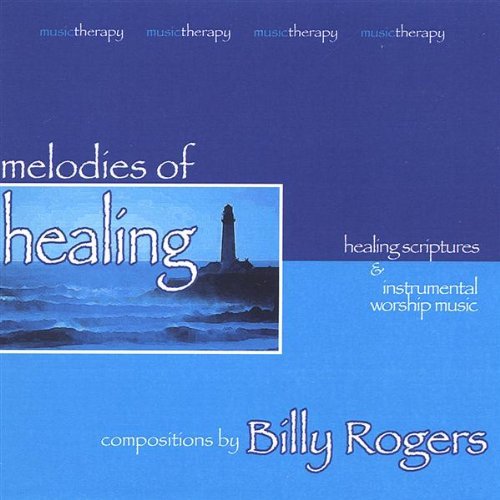
description
5Capital: A Critique of Political Economy by Karl Marx, is a critical analysis of political economy, intended to reveal the economic laws of the capitalist mode of production. In Capital: Critique of Political Economy (1867), Karl Marx proposes that the motivating force of capitalism is in the exploitation of labour, whose unpaid work is the ultimate source of surplus value and then profit both of which concepts have a specific meaning for Marx. The employer is able to claim the right to profits because he or she owns the productive capital assets (means of production), which are legally protected by the capitalist state through property rights (the historical section shows how this right was acquired in the first place chiefly through plunder and conquest and the activity of the merchant and 'middle-man'). In producing capital (money) as well as commodities (goods and services), the workers continually reproduce the economic conditions by which they labour. Capital proposes an explanation of the "laws of motion" of the capitalist economic system, from its origins throughout its future, by describing the dynamics of the accumulation of capital, the growth of wage labour, the transformation of the workplace, the concentration of capital, commercial competition, the banking system, the decline of the profit rate, land-rents, et cetera. Capital, Volume I (1867) is a critical analysis of political economy, meant to reveal the contradictions of the capitalist mode of production, how it was the precursor of the socialist mode of production, and of the class struggle rooted in the capitalist social relations of production. The first of three volumes of Das Kapital, Kritik der politischen konomie (Capital: Critique of Political Economy) was published on 14 September 1867, dedicated to Wilhelm Wolff, and was the sole volume published in Marx's lifetime. The purpose of Capital: Critique of Political Economy (1867) was a scientific foundation for the politics of the modern labour movement; the analyses were meant "to bring a science, by criticism, to the point where it can be dialectically represented" and so "reveal the law of motion of modern society" to describe how the capitalist mode of production was the precursor of the socialist mode of production. The argument is a critique of the classical economics of Adam Smith, David Ricardo, John Stuart Mill, and Benjamin Franklin, drawing on the dialectical method that G.W.F. Hegel developed in The Science of Logic and The Phenomenology of Spirit; other intellectual influences upon Capital were the French socialists Charles Fourier, Comte de Saint-Simon, Sismondi and Pierre-Joseph Proudhon; and the Greek philosophers, especially Aristotle.
member goods
No member items were found under this heading.
Return Policy
All sales are final
Shipping
No special shipping considerations available.
Shipping fees determined at checkout.







